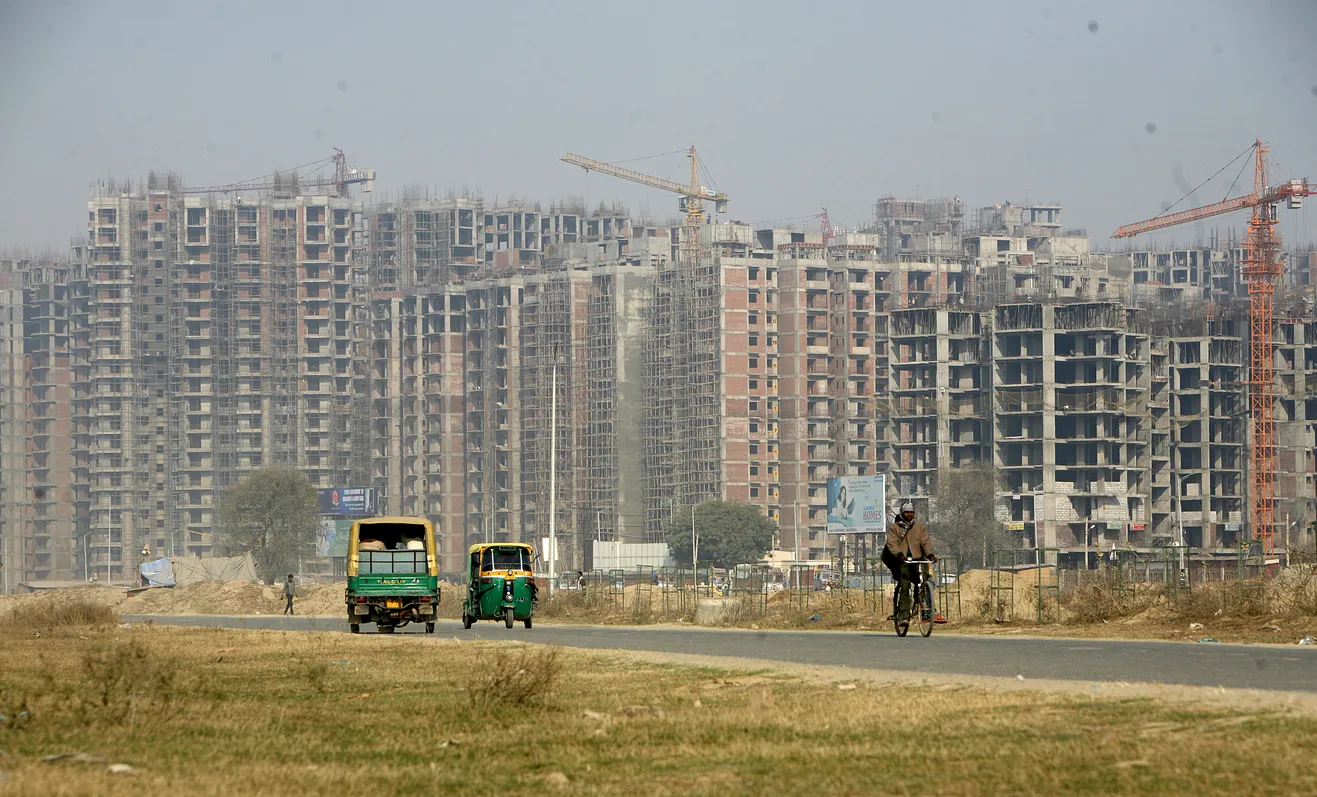Real Estate Under Construction: Risks and Rewards Explained [Updated on: March 2024]

Investing in real estate under construction has become an increasingly popular choice among Indian homebuyers and investors, drawn by the prospect of lower prices, flexible payment plans, and the potential for high returns on investment as property values increase over time. However, this investment avenue is not without its risks. Here, we delve into the risks and rewards associated with investing in under-construction real estate in India, providing a balanced view to help potential investors make informed decisions.
Rewards of Investing in Under-Construction Real Estate
- Cost-Effectiveness: One of the primary advantages of investing in under-construction properties is the cost benefit. Prices for properties under construction are generally lower than for ready-to-move-in homes, offering buyers the chance to enter the market at a lower price point.
- Appreciation Potential: There is a significant potential for capital appreciation. As the construction progresses and the project nears completion, the value of the property typically increases, potentially yielding high returns on the initial investment.
- Flexible Payment Options: Developers often offer attractive payment plans and discounts during the early stages of construction, including the flexibility to make payments in installments, which can ease the financial burden on buyers.
- Customization Opportunities: Buyers may have the option to request certain customizations or choose preferred layouts before the construction is finalized, allowing for a personalized space that meets their specific needs and tastes.
Risks of Investing in Under-Construction Real Estate
- Project Delays: One of the most significant risks involves delays in the completion of the project. Construction can be delayed due to various reasons, including financial difficulties faced by the developer, legal issues, or regulatory approvals. Delays can affect the investor's financial planning and lead to additional costs.
- Quality Concerns: There is always a risk that the final product may not meet the expected quality or specifications promised by the developer. Changes in materials, finishes, or amenities can result in dissatisfaction and additional expenses for modifications.
- Financial Risks: The developer's financial stability is a critical factor. There have been instances where developers have gone bankrupt or abandoned projects, leading to financial losses for investors.
- Regulatory Risks: Changes in government policies, zoning laws, or regulatory frameworks can impact the project's viability or lead to delays. It's crucial to be aware of the legal and regulatory environment.
Mitigating the Risks
- Due Diligence: Conduct thorough research on the developer's reputation, past projects, financial stability, and legal standing. Ensure that the project has all the necessary approvals and permits.
- RERA Compliance: Invest in projects registered under the Real Estate (Regulation and Development) Act (RERA), which offers a layer of protection to buyers by ensuring transparency and accountability.
- Legal Advice: Consider consulting with a legal expert to review the project documents, including the builder-buyer agreement, to ensure that your interests are well protected.
- Contingency Planning: Be prepared for delays and have a contingency plan in place, especially if you are relying on rental income or planning to move into the new property.
In conclusion, while investing in under-construction real estate in India offers several advantages, including lower prices and the potential for high returns, it is not without its risks. Prospective buyers should approach such investments with caution, conduct thorough due diligence, and seek professional advice to navigate the complexities of the real estate market successfully. By doing so, investors can mitigate risks and capitalize on the opportunities that under-construction properties offer.
Interested in buying a property?
Leave your details – we’ll call within 5 minutes.
Comments
No comments yet. Be the first!